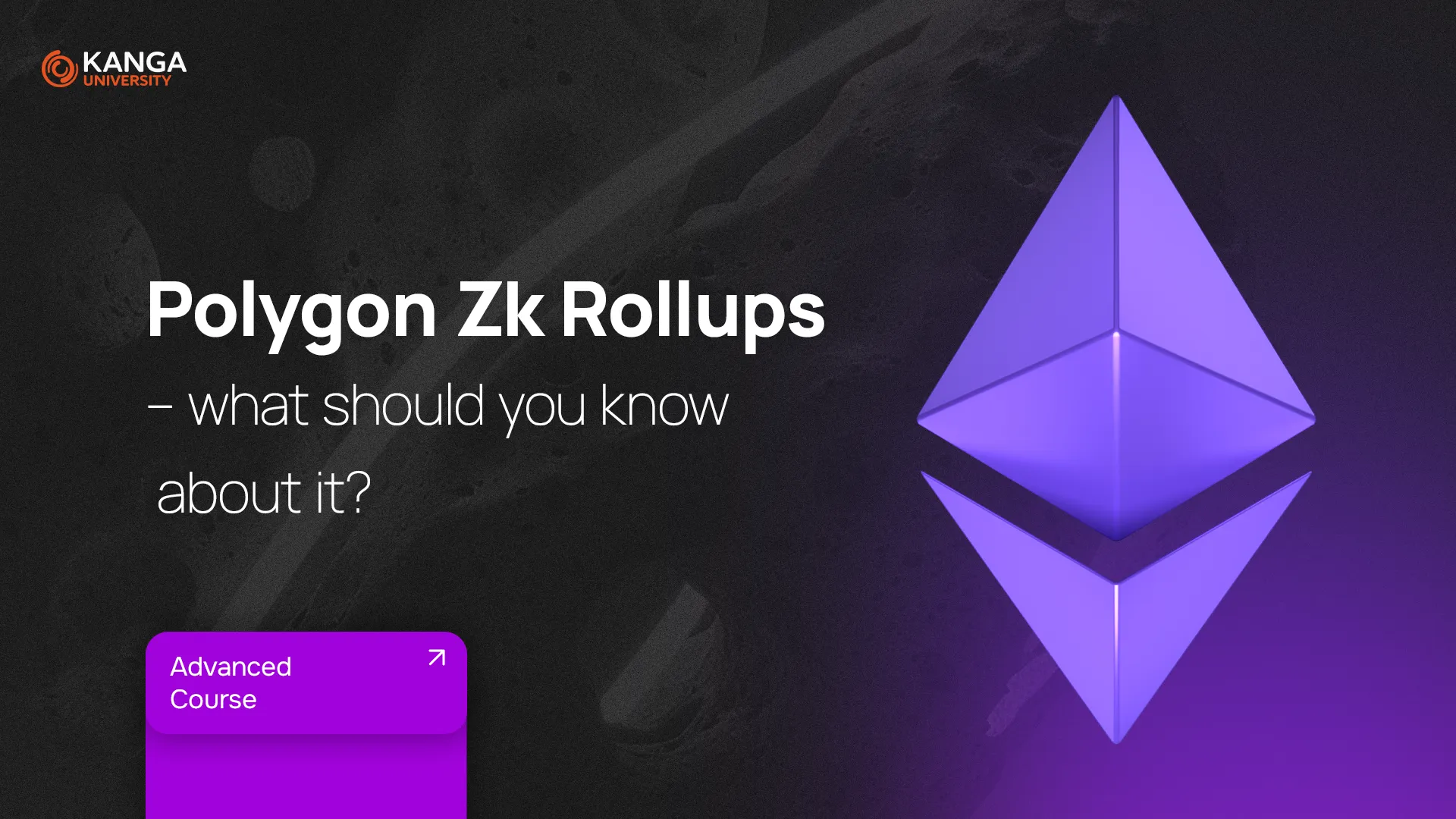
Ethereum is one of the most powerful blockchain networks, but it’s no secret that it struggles with high transaction fees and slow speeds when too many users jump in at once. Polygon, a leading Layer 2 solution, is tackling these problems head-on—especially through a promising technology called zkRollups.
What Are zkRollups?
zkRollups (short for zero-knowledge rollups) allow blockchains to handle more transactions by moving the work off-chain. Instead of processing every transaction on Ethereum, zkRollups bundle many transactions together, generate a cryptographic proof that the bundle is valid, and then send just that proof to Ethereum. This method cuts down on costs and makes the network run faster—all while keeping security intact.
Polygon has become one of the biggest champions of zkRollups. It’s investing over $1 billion in zero-knowledge research and building a suite of zk-based products to help Ethereum scale without losing its core values of decentralization and transparency.
Key Projects in Polygon’s zkRollup Ecosystem
Polygon Hermez
A decentralized zkRollup that supports up to 2,000 transactions per batch. It uses a Proof-of-Efficiency (PoE) system powered by Sequencers (who process transactions) and Aggregators (who generate zk-proofs). Anyone can join these roles, which makes the network more decentralized.
Hermez is evolving into Hermez 2.0, which will be fully compatible with the Ethereum Virtual Machine (EVM). This means developers won’t need to change their code to build on it.
Polygon Zero
This rollup focuses on speed and low cost. It uses recursive proofs—a technique that generates multiple transaction proofs simultaneously, then merges them into a single proof. These lightweight proofs (as small as 45 kilobytes) can be verified on Ethereum in around 170 milliseconds.
Polygon Miden
Built on STARK cryptography, Polygon Miden introduces its own virtual machine—Miden VM—that supports general-purpose smart contracts. It’s compatible with Solidity and Vyper and aims to process over 1,000 transactions per second in future updates. It’s currently in the prototype stage.
Polygon Nightfall
Designed for enterprise users, Nightfall combines Optimistic Rollups with zk cryptography to ensure both privacy and scalability. It’s ideal for businesses that want to make confidential transactions on Ethereum Mainnet without paying high gas fees.
How Is Polygon zkRollup Different?
Compared to other zkRollups like zkSync and StarkNet, Polygon’s rollups stand out in several ways:
-
Faster proof generation (around 170 milliseconds)
-
Smaller proof sizes (down to 45KB)
-
Full EVM compatibility
-
Lower infrastructure costs
These features make it easier for developers to migrate apps from Ethereum and help users benefit from lower fees and faster confirmation times.
Core Benefits of Polygon zkRollups
-
Scalability
Polygon zkRollups drastically increase transaction throughput, allowing Ethereum to handle thousands of transactions per second. -
Lower Fees
By moving most activity off-chain, gas fees are reduced significantly. -
Security
zkRollups rely on advanced cryptography, ensuring that transactions are secure and tamper-proof. -
Innovation Potential
With Ethereum’s limitations lifted, developers can build more advanced applications with improved performance and reliability.
Summary
Polygon zkRollups are helping Ethereum evolve into a more scalable, user-friendly, and cost-efficient ecosystem. With multiple products in active development—like Hermez, Zero, Miden, and Nightfall—Polygon is positioning itself as a major force in the future of blockchain infrastructure.
As zero-knowledge technology becomes more advanced, zkRollups will likely play a central role in the next generation of blockchain apps.